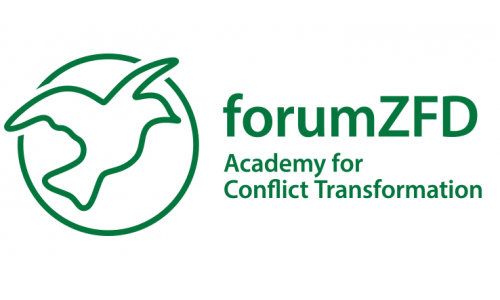Decolonising Peace Work
This course provides participants with a dedicated platform to exchange experiences, challenge eurocentric practices, and scrutinize the power dynamics between the global north and south within the peacebuilding sector and their everyday lives. Delving into the historical context of colonialism and its enduring ramifications on contemporary society, participants will gain insights into its pervasive influence.
While assuming a foundational understanding of anti-racist and decolonial concepts from participants, we will delve deeper into exploring current models and successful initiatives aimed at decolonizing peacebuilding efforts.
Time will be allocated for introspection and for processing content both individually and within supportive group environments. Leveraging our collective expertise and diverse experiences, discussions will be enriched, supplemented by private follow-up conversations where necessary to ensure all participants are fully engaged and comprehending the shared knowledge.
The course aims for participants to:
- Critically analyze post-colonial power structures within the contemporary peacebuilding and development industry.
- Comprehend the ramifications of coloniality within their respective peacebuilding organizations.
- Identify and cultivate strategies and tools conducive to inclusive, anti-racist, and decolonized peacebuilding practices, prioritizing the voices of the Global South.
- Emphasizing critical self-reflection and openness to challenge, these are pivotal aspects woven throughout the course.
This course is tailored for peacebuilders from the global north seeking to enhance and enrich their understanding of decoloniality by critically analyzing postcolonial power dynamics within the international peacebuilding field.
Participants are expected to possess familiarity and foundational understanding with subjects including racism, discrimination, colonialism, white supremacy, and intersectional perspectives on privilege. They should demonstrate dedication and enthusiasm to delve into a more profound understanding of post-colonial power structures and their implications within this professional field and their own positioning within these structures.
Location
To apply for the course, please click on the button. Apply now
| Topics | |
| Languages | English |
| Evaluation | Certificate of Attendance |
| Target Audience | |
| Methods | |
| No of Participants | 16 |
| Accreditation | |
| Certificate |
If you have any questions about this course, please get in touch.
In order to send a message, please click on this button. Get in contact

